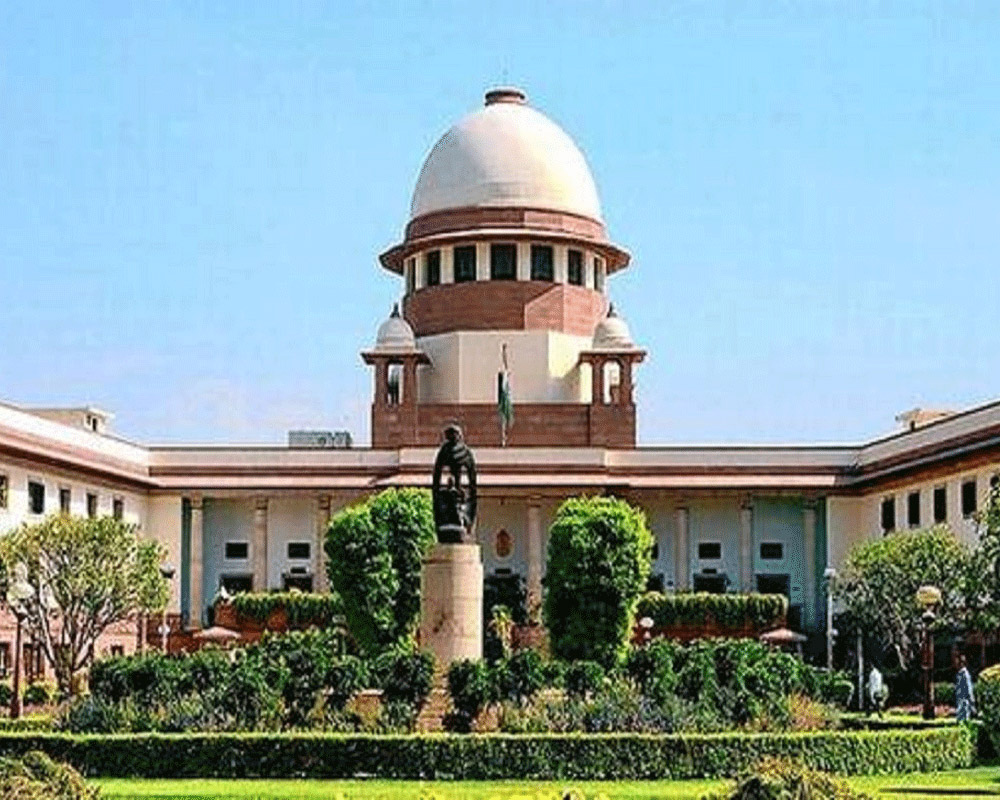The conflict between the judiciary and the executive seems to be getting loopy, and this isn’t good
Earlier in the 1970s, the two limbs of the government got into a tussle which acted as a catalyst outlining the independence of the judiciary. Now the central issue is the appointment of judges. Presently, the appointment of Supreme Court judges is done by the collegium. The meetings of the collegium are confidential and are only published after a final resolution has been passed by consensus. This practice is often subject to criticism because of lingering vacancies, infrastructural handicaps and most important appointment of Judges - the debate of an efficiently functioning judiciary is getting noisier by the day.
It was the Hon’ble SC who redefined the meaning of ‘consultation’ under Article 124 as ‘concurrence’, thereby securing the appointment of judges to the extant lobby of justiceship lineage of judges’ chambers and family legacies of the court halls (exceptions do prevail). Article 124(2) of the Constitution prior to the 99th amendment provides for “consultation”. It is pertinent to mention that this provision was held unconstitutional but the text remains intact. The word “consultation” implies discussion and seeking opinions prior to making a decision.
Volume VII of the Constituent Assembly debate makes mention of Mahboob Ali Baig who moved an amendment to article 103(2) of the draft constitution, now article 124(2). It dealt with the appointment of judges to the Supreme Court other than the Chief Justice. The amendment moved, spoke — “It shall be made with the concurrence of the Chief Justice of India”. Additionally, two similar amendments were moved by two of the members and all three amendments were negated.
Dr Ambedkar had responded to this proposal of amendment in the following words “...those advocating this proposition seem to rely implicitly both on the impartiality of the Chief Justice and the soundness of his judgement. I personally feel no doubt that the Chief Justice is a very eminent person but after all, the Chief Justice is a man with all the failings, all the sentiments and all the prejudices which we as common people have. And, I think that to allow the Chief Justice practically a veto upon the appointment of judges is really to transfer the authority to him which we are not prepared to vest in the President or the Government of the day. I thus think that is also a dangerous proposition.”
However, the second judge’s case interpreted “consultation” in a way to give “primacy” to the opinion of CJI thus watering down the role of the President as originally conceived by the constituent assembly. The Second Judges case and subsequent judgements in the Third Judges and Fourth Judges case interpreted the constitution with respect to the appointment of judges in a manner opposite to what Ambedkar suggested.
Article 74(1) of the Constitution makes it obligatory for the president to act upon the “Aid and Advise” of the council of ministers headed by the Prime Minister. There is a very obvious reason for this. The Council of Ministers is the elected executive who is accountable to the house of people. So, the aid and advice being tendered represents the will of the people and is the most important tenet of representative democracy.
One can thus infer that the framers of the constitution did not intend to confer primacy to the opinion of Judges in the matter of judicial appointments. Had they intended to give primacy to CJI, they would have conveniently used the phrase “Aid and Advice” instead of “Consultation”.
However, the judiciary in this context has adjudicated the dispute between itself and the executive. Our Hon’ble Judges need to realize that the interpretation of laws in the judiciary's own favour has created a perception of bias thereby undermining the rule of law. The rule of law requires that law be applied consistently & impartially. It has in the second and the fourth judges case delivered a judgment that ultimately serves its interests or as others might say ‘some dynastic interests’. These actions of the judiciary are eventually eroding public trust in the system.
There is a need for a reformed mechanism for the appointment of judges to the constitutional courts where the judiciary and executive could amicably come to the conclusion. The collegium, though law of the land as of now, should reform itself and upgrade from time to time like the other organs of government. The judicial system ought not to enjoy unfettered freedom in the name of the independence of the judiciary. Adding a caveat, any such reform has to give a fatal blow to the practice of nepotism as practised while appointing judges to the constitutional courts. However, one must not overlook that the judges, the police, the executive and the legislative, all of them come from the same society and are a part of the same system. It would be delusional to expect only one arm of the system to single out sub-optimal behaviour and performance to rise above the rest.
(Kishlaya Mishra is a Delhi-based advocate. Trisha Shreyashi is an Odisha-based advocate and an honorary member of the Harvard Business Review Advisory Council. The views expressed are personal)


























